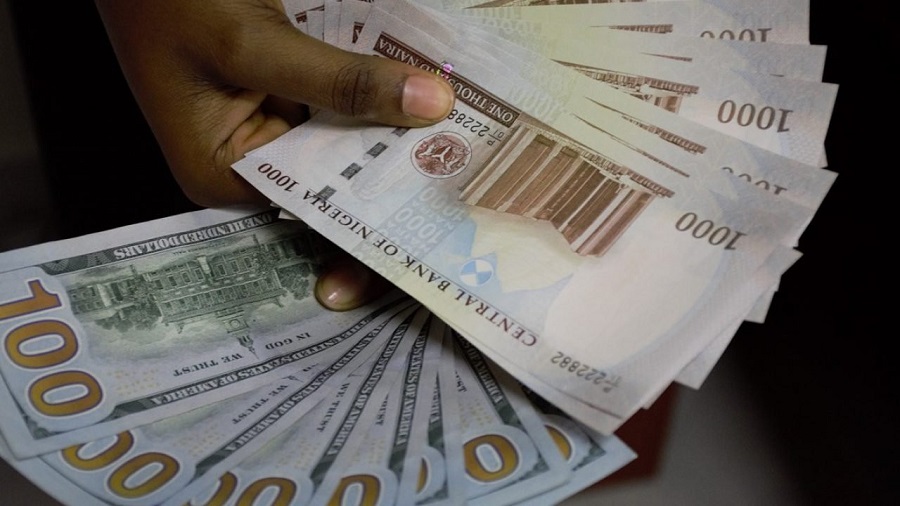Business
Foreign reserves drop by 1.86% since Buhari’s exit. What you should know

Nigeria’s foreign reserves down by 1.86 per cent since President Bola Tinubu took over from Muhammadu Buhari on May 29, 2023.
On May 26, Buhari’s last official day, the foreign reserves, according to data obtained from the Central Bank of Nigeria (CBN) stood at $35.14 billion.
Buhari left more foreign reserves than he met in May 2015, when he became the President of Nigeria, taking over from Goodluck Jonathan.
During Buhari’s tenure, the foreign reserves increased by 18.57% or $5.50 billion to $35.14 billion, up from the $29.64 billion he met in the international reserves.
However, since he left office, the foreign reserves fell by $654.09 million or 1.86 per cent to $34.49 billion as of June 19, Ripples Nigeria gathered from the data obtained on Wednesday.
What you need to know
The decline could be attributed to the foreign exchange policy reforms by President Tinubu, who assured investors that his administration will free up forex to enable them to repatriate their funds.
“We shall ensure that investors and foreign businesses repatriate their hard earned dividends and profits home,” he said during his inaugural speech.
Part of the foreign exchange reforms includes increasing forex supply in the investors’ and exporters’ window to end scarcity. He intends to provide substantial forex for businesses to trade in the international market.
READ ALSO: CBN withdraws $400m from Nigeria’s Foreign Reserves amid 152% increase in forex demand
To ensure the effectiveness of his reforms, Tinubu suspended the Governor of the CBN, Godwin Emefiele, and devalued the naira in the official market.
Foreign reserves on a long-term growth process?
Following the devaluation last week Wednesday, the dollar rate in the official market and the black market have converged, with the former trading at N756.61/$1 and the latter selling at N759.1/$1.
Prior to the unification of the multiple foreign exchange rates, the dollar was trading at N471.67/$1 in the official market of the Investors’ and Exporters’ window, but the black market rate was N755.7/$1.
The devaluation of the naira and the unification of the multiple rates is expected to end round tripping of the foreign exchange among bankers.
Also, the foreign exchange policy reform is meant to sway hoarders to approach the official market instead of the black market, boosting non-oil export proceeds and remittances recorded by the official market.
As the foreign exchange markets adjust to the reforms, the foreign reserves are expected to benefit from the devaluation of the naira, as forex traders migrate from the parallel market to the official window, since the former no longer holds more value than the latter.
The Fiscal Policy Partner and Africa Tax Leader at PwC, Taiwo Oyedele, had alluded to this in a statement on Twitter last week, where he said: “The country will attract fx inflows especially from portfolio investors, FDI and exporters proceeds. Impact on diaspora remittances would be marginal.
“The capital market will benefit as it is likely to appreciate further as foreign investors take position.”
Join the conversation
Support Ripples Nigeria, hold up solutions journalism
Balanced, fearless journalism driven by data comes at huge financial costs.
As a media platform, we hold leadership accountable and will not trade the right to press freedom and free speech for a piece of cake.
If you like what we do, and are ready to uphold solutions journalism, kindly donate to the Ripples Nigeria cause.
Your support would help to ensure that citizens and institutions continue to have free access to credible and reliable information for societal development.




















